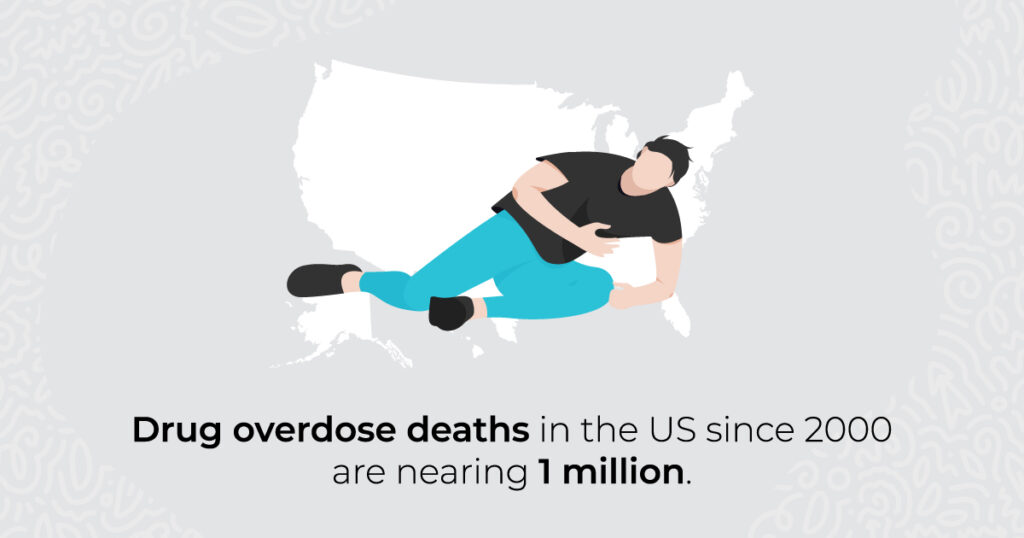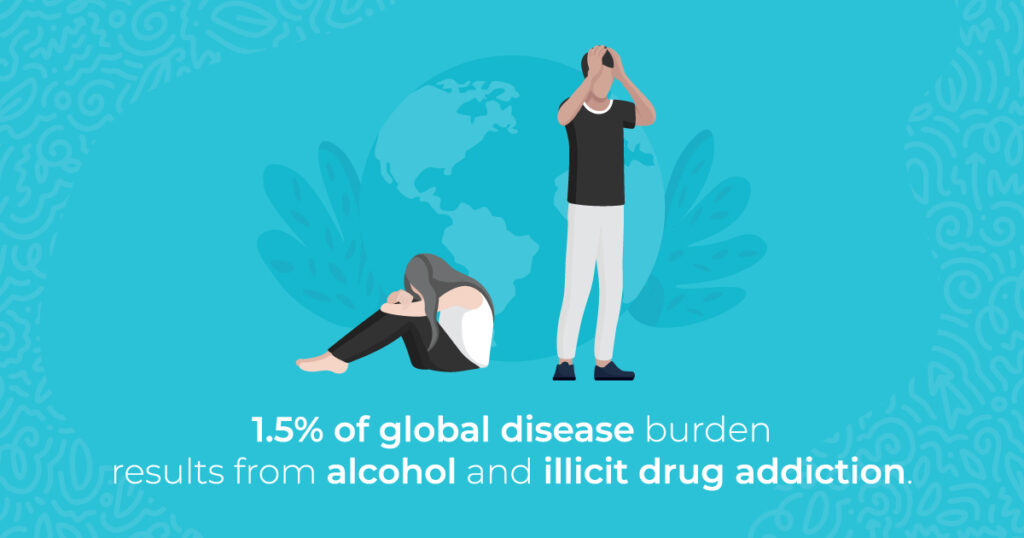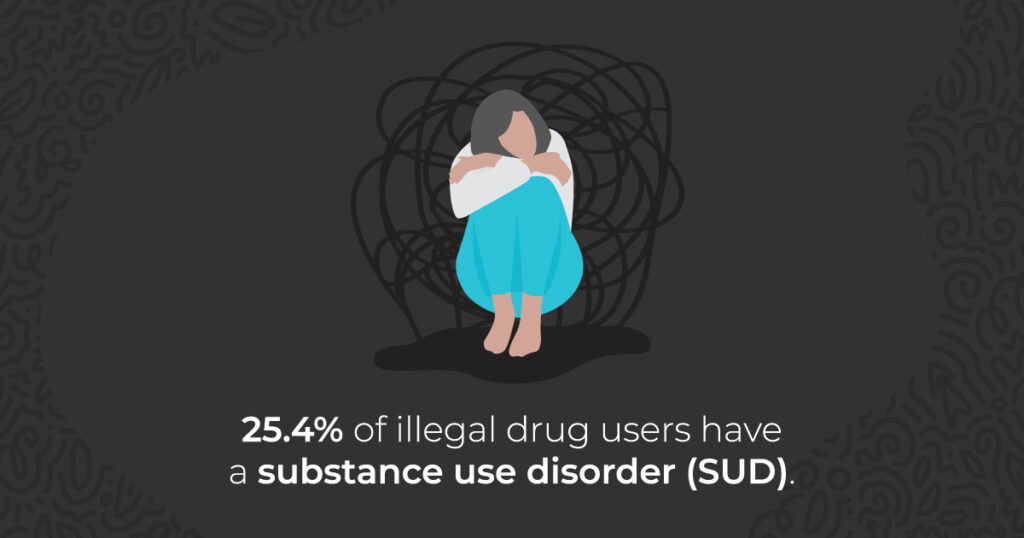A Path to Lasting Sobriety: Inpatient Drug Rehab at Vista Taos

Introduction
Looking for addiction treatment in the form of inpatient drug rehab? Vista Taos can help. In this article, we will cover:
- What is inpatient drug rehab?
- Signs and symptoms of addiction
- Signs you may need rehab
- How inpatient rehab compares to other treatment programs
- Services offered at inpatient rehab programs
- How drug rehab can help with sobriety
- 10 tips to get the most out of rehab
- What are the best inpatient drug rehab options
Inpatient Drug Rehab at Vista Taos Renewal Center
What is Inpatient Drug Rehab?
What Treatments are Offered at Inpatient Drug Rehab?
- Individual and group therapy
- Medical care
- Peer support groups
- Case management services
Evidence-Based Treatment
- Cognitive-behavioral therapy (CBT)
- Motivational interviewing (MI)
- Medication-assisted treatment (MAT)
What is Medication Assisted Treatment?
Who Should Seek Inpatient Treatment?
- A severe addiction
- A history of relapse
- Co-occurring mental health disorders
- Need a higher level of support and supervision to maintain sobriety

Signs and Symptoms of Drug Addiction
Symptoms Can Vary
- The substance or substances being used
- The severity of the addiction
- The duration or length of time using
- The individual’s unique circumstances
How Does Addiction Happen?
Common Symptoms of Addiction
Needing More of a Substance

Withdrawal Symptoms
Experiencing physical and/or psychological symptoms when not using the substance can show you’re addicted.
These withdrawal symptoms might include:
- Nausea
- Sweating
- Anxiety
- Irritability
Continued Use
Inability to Cut Back
Time Spent
Neglecting Responsibilities
Social Issues
Giving Up Activities
Endangering Oneself
Addiction Look Different For Everyone

Signs You May Need Inpatient Drug Rehab
- Severe Addiction: If you have a severe addiction to drugs or alcohol, you may need inpatient rehab to manage withdrawal symptoms and receive intensive treatment.
- Relapse: If you have attempted to quit using on your own but continue to relapse, inpatient treatment may be a good treatment option for you.
- Co-Occurring Disorders: If you have a co-occurring mental health disorder, you may need more intensive treatment for both disorders.
- High Risk of Overdose: If you are at high risk of overdose due to your drug or alcohol use, inpatient drug rehab can provide a safe environment.
- Lacking Support: If you do not have a supportive network of family or friends to help you through your addiction, inpatient rehab can provide support and resources to achieve lasting recovery.
- Legal or Financial Issues: If you are experiencing legal or financial problems as a result of your addiction, inpatient rehab can help address these issues and help you rebuild your life.
How Does Inpatient Drug Rehab Compare to Other Treatments?
Inpatient drug rehab is considered one of the most intensive forms of addiction treatment available.
Compared to other treatment options, such as outpatient treatment or medication-assisted treatment.
Structured Environment
Comprehensive Care
Focus on Recovery
Because individuals in inpatient rehab live at the treatment facility, they are able to fully focus on their recovery without outside influences.
This can help them develop the skills and strategies needed to maintain sobriety.
Supportive Community
Inpatient rehab provides individuals with a supportive community of peers who are going through similar struggles.
This can be very helpful for individuals who may feel isolated or unsupported in their daily lives.
Inpatient Drug Rehab vs. Other Treatments
While inpatient rehab may not be the best fit for everyone, it can be an effective treatment option for those with severe addiction.
It’s also good for those who need a higher level of support and structure to achieve lasting recovery.
Inpatient Rehab Program vs. Detox
Detox is a short-term program that focuses on managing withdrawal symptoms while safely removing drugs or alcohol from the body. Detox often lasts for a few days to a week.
Inpatient Drug Rehab vs. Intensive Outpatient Program
Inpatient Rehab vs. Partial Hospitalization Program
What Services are Offered at Inpatient Drug Rehab?
Medical Care
Evidence-Based Therapy
Residential programs offer individual and group therapy sessions. These sessions use evidence-based approaches to help individuals address the underlying causes of their addiction, develop coping strategies, and build life skills.
Holistic Therapies
- Yoga
- Mindfulness meditation
- Breathwork
- Art therapy
- Music therapy
Support Groups
Addiction Support Groups
Family Therapy
Aftercare Planning
- Referrals to outpatient treatment
- Sober living arrangements
- Follow-up medical appointments
- Other support services to help individuals maintain recovery
The types of services provided in an inpatient drug rehab may vary. It may depend on the program.
The goal of inpatient rehab is to provide a supportive environment to help individuals achieve lasting recovery.
How Can Drug Rehab Help with Sobriety?
Many people suffer from a substance use disorder. In fact, 25.4% of illegal drug users have a drug disorder. Inpatient drug rehab can help you achieve and maintain sobriety.
Structured Environment
Comprehensive Care
Constant Support
Peer Support
Aftercare
Aftercare planning helps you transition back into your daily life after treatment.
Aftercare provides the support and tools to continue recovery. This might include outpatient therapy and follow-up medical appointments.
Tips on How to Get the Most Out of Inpatient Drug Rehab
Be Open and Honest
Participate Fully
Take Responsibility
Build a Support Network
Inpatient drug programs provide an opportunity to connect with peers.
Take advantage of this opportunity to build a supportive network of people who can help you through the ups and downs of recovery.
Practice Self-Care
Be Patient
Set Goals
Learn New Skills
Stay Connected
Take Advantage of Aftercare Resources
Be Kind to Yourself
What are the Best Inpatient Drug Rehab Options?
- The program’s approach to treatment
- The qualifications and experience of the staff
- The location and amenities of the facility
- The cost and insurance coverage

How Vista Taos Program Could Fit Your Needs
What We Offer
- Cognitive-behavioral therapy
- Mindfulness meditation
- Yoga
- Massage
Our Environment
Our Staff
Family Involvement
Vista Taos offers family therapy and education to help loved ones understand addiction and provide support for the individual in treatment.
Our Programs
- Medical detox to address withdrawal symptoms
- Inpatient rehab that provides care for both men and women
- On-going and extended care to maintain recovery
- An alumni program to maintain support and community
Contact Vista Taos Today
Resources
- https://www.goodtherapy.org/learn-about-therapy/modes/residential-treatment
- https://www.mayoclinic.org/diseases-conditions/drug-addiction/symptoms-causes/syc-20365112
- https://drugabusestatistics.org/
- https://www.goodtherapy.org/difference-inpatient-outpatient.html
- https://www.medicare.gov/coverage/mental-health-care-partial-hospitalization
- https://ourworldindata.org/drug-use#disease-burden-from-substance-use-disorders



